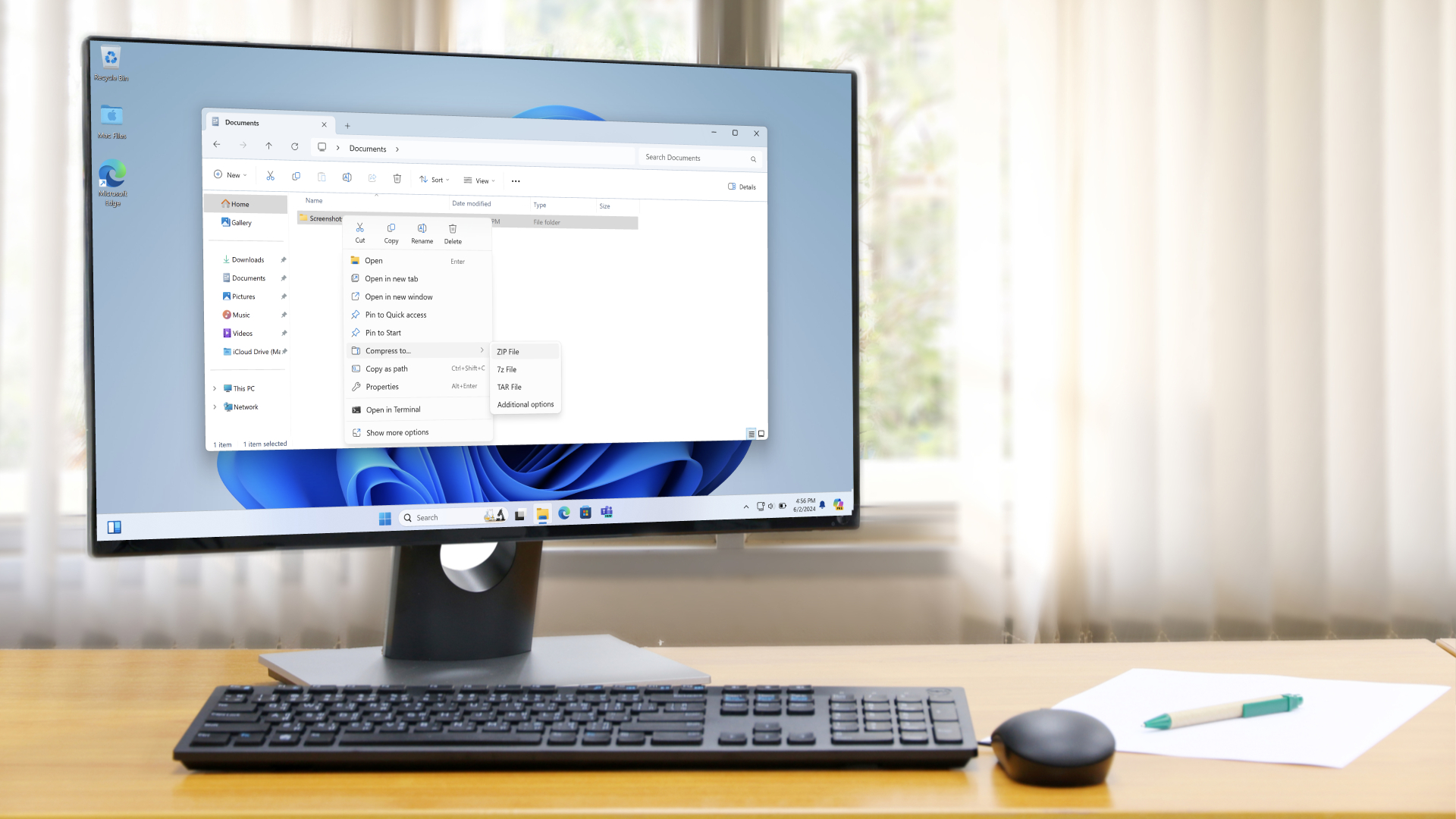Windows 11 might soon be more helpful in letting you know how powerful your PC actually is – I just hope this planned feature is better than Microsoft’s past efforts
Remember the Windows Experience Index? These new spec details do look more useful than that old chestnut, thankfully

- Windows 11 has got new spec ‘cards’ and a hardware FAQ in testing
- These elements are designed to help you easily see how powerful your PC is
- They are already present in Windows 10 (but only in testing still)
Microsoft looks to be trying to make it easier for Windows 11 users to understand what spec their PC has, and how powerful that makes the system.
As discovered by regular leaker PhantomOfEarth on X, in a test build of Windows 11 there’s a new set of ‘cards’ (small info panels) in the Settings app which detail key elements of the spec of the PC at a glance.
Windows 11's About settings page is getting new top cards that highlight key specs such as storage, graphics memory and RAM.(Yes, these cards are the same ones seen in Windows 10's redesigned About settings page in recent Insider CUs.) pic.twitter.com/k45sGi5j9IJanuary 3, 2025
These cards sit at the top of the System > About panel in Settings, showing info about the storage, GPU, system RAM and processor of the machine.
However, the feature isn’t working properly quite yet, as the name of the CPU isn’t provided in the case of PhantomOfEarth’s PC (and for Windows Latest, which spotted the above post on X, the processor section is entirely blank).
Under storage, the card displays the amount of drive space in total, and the free space left. With the GPU panel, for the first time Microsoft is furnishing us with the amount of video RAM on the graphics card, as well as its type.
In the RAM card is simply the quantity installed, and the type of memory, and with processor in theory you’ll get the name and speed of the CPU (but as mentioned, this appears to be misfiring with the feature as it stands in testing).

Analysis: A useful addition set to outdo the Windows Experience Index
This feature has actually been implemented in Windows 10 already, as PhantomOfEarth notes (still only in testing), and along with the cards, there’s a FAQ section which will supposedly be coming to Windows 11, too.
Get daily insight, inspiration and deals in your inbox
Sign up for breaking news, reviews, opinion, top tech deals, and more.
The idea for this is to give the user an idea of what their specs mean beyond hard numbers – a real-world assessment of expected performance, albeit a brief affair.
So, you’ll get an indication of how your quantity of RAM is going to cope with running apps smoothly, or whether your GPU is good enough to keep up with more demanding games, all in plain spoken language. Unfortunately, what you’ll also likely get is yet another nudge to upgrade to Windows 11, if you’re still on Windows 10 of course, but this is Microsoft – don’t expect the company to miss an opportunity to get in a plug about how much better the newer OS is (and it is better, to be fair, in a good few ways).
If all this reminds you of the Windows Experience Index, first introduced way back with Windows Vista, which rated your PC for performance in various categories – and became the subject of much confusion and many complaints – well, don’t worry. The good news is that the new spec cards and hardware FAQ for Windows 11 look like a more useful tack, offering a greater level of clarity. Even if the advice given is rather generic, at least for now in testing.
Down the line, this might be a useful area for Microsoft to incorporate more detailed AI-powered advice on your computer spec, perhaps, as the software giant may well develop this part of the Windows 11 interface further.
You may also like...
Darren is a freelancer writing news and features for TechRadar (and occasionally T3) across a broad range of computing topics including CPUs, GPUs, various other hardware, VPNs, antivirus and more. He has written about tech for the best part of three decades, and writes books in his spare time (his debut novel - 'I Know What You Did Last Supper' - was published by Hachette UK in 2013).